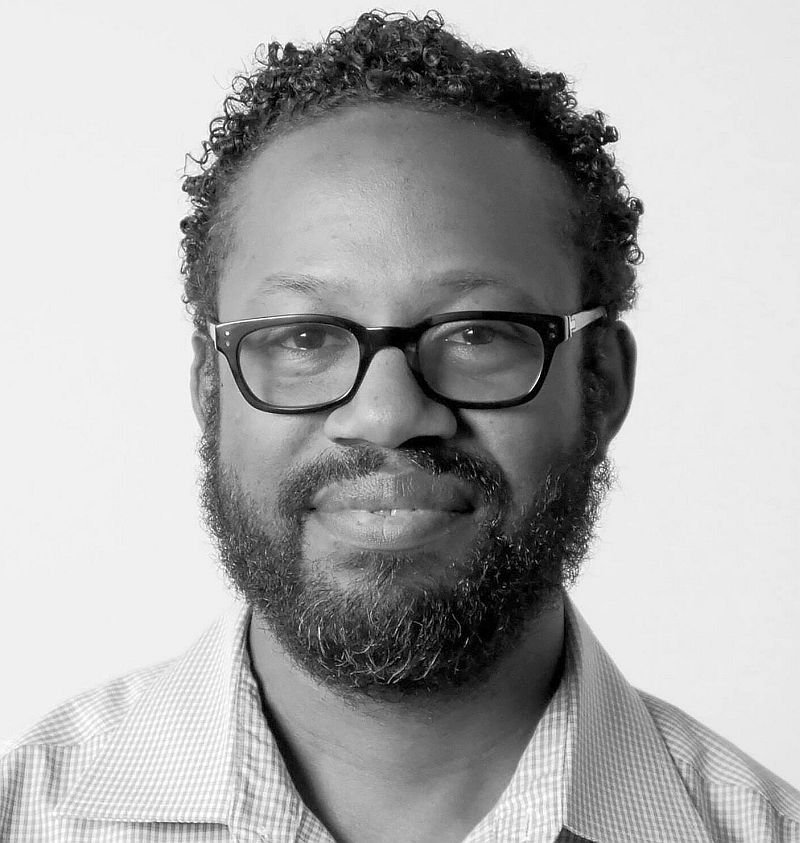Black Music and Black Power in the Era of #BlackLivesMatter

Time: Feb. 19, 2020, 6:30 p.m. - 7:30 p.m.
Location: Peter Graham Room, 114 Bird Library

Part of the Syracuse Symposium series.
Mark Lomax (Wexner Center for the Arts, Columbus, OH)
2015 was a landmark year for hip-hop artists Kendrick Lamar and J. Cole who made headlines by making clear artistic statements aligning them with the #BlackLivesMatter movement. Despite the success seen by both artists, it seems that the majority of well-known African American musicians have been reluctant to make similar statements which is a stark departure from the traditional role Black music has played in past movements.
After a brief overview of how music was used by Blacks in America as a means of resistance, Lomax addresses the possible socio-cultural and political implications of using Black music as an expression of positive Black cultural identity and Black power in the age of #BlackLivesMatter.
Be sure to visit the Black Arts Movement pop-up exhibit (606-608 Bird Library) inspired by the subject of Lomax's lecture.
Bio: Dr. Mark Lomax, II, critically acclaimed composer, recording artist, drummer, activist, and educator is a Wexner Center for the Arts at the Ohio State University Artist Residency 2018 Award recipient. A highly sought-after lecturer, Lomax specializes in the socio-political, and spiritual aspects of African-American art, music, race, and the usage of the arts to build community. Besides performing with gospel choirs around the country, Lomax also boasts impressive jazz credentials. He has toured with the Delfeayo Marsalis Sextet and worked with notable artists such as Clark Terry, Marlon Jordan, Azar Lawrence, Bennie Maupin, Billy Harper, Nicholas Payton, Ellis Marsalis, and Wessel Anderson, among others.
Lomax holds a Doctor of Music Arts degree in composition from The Ohio State University. In January 2019, Lomax released 400: An Afrikan Epic, a composition that ambitiously tells the story of the Afrikan diaspora over the course of a 12 album cycle.
Tanisha Jackson, Community Folk Art Center
